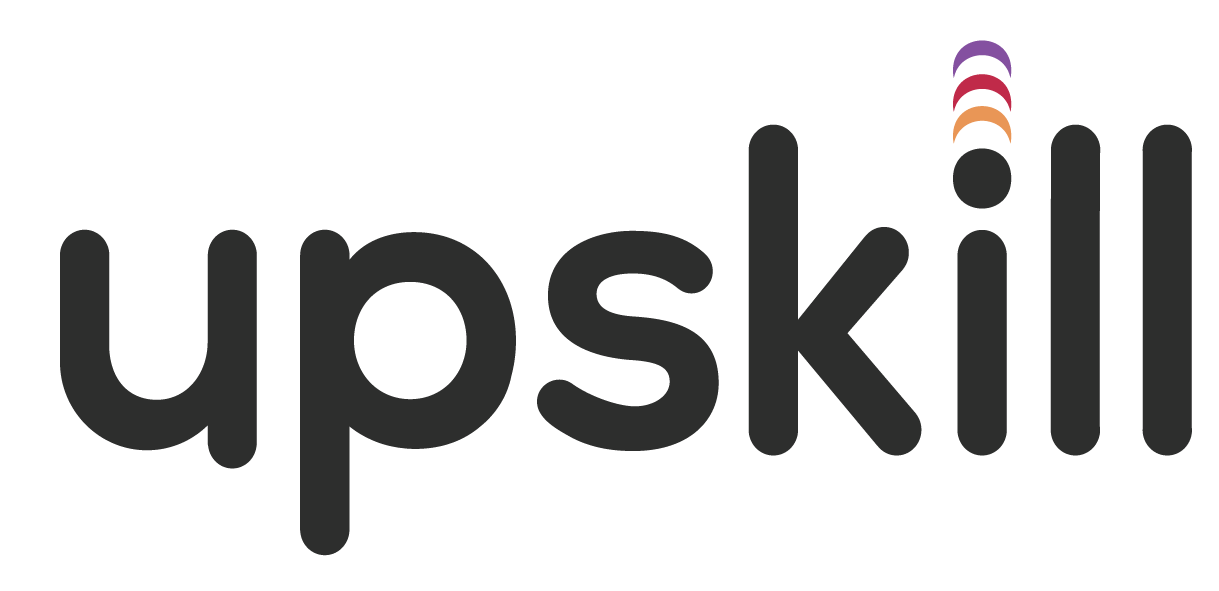IFRS S1 and S2 – Be at the forefront of change
Delegates will obtain an understanding of the requirements of IFRS S1 an S2.
What is happening?
Global capital markets demand better information about sustainability-related matters to enable investors to factor in sustainability-related risks and opportunities in their assessment of enterprise value and their investment and financing decisions.
The IFRS Foundation announced the creation of its new International Sustainability Standards Board (ISSB) in November 2021. The ISSB was established to develop a comprehensive global baseline of high-quality sustainability disclosure standards to meet investors’ information needs.
IFRS S1 and IFRS S2 are the first two IFRS Sustainability Disclosure Standards developed by the ISSB and serve as a comprehensive global baseline of sustainability disclosures for capital markets.
The ISSB plans to issue IFRS S1 General Requirements for Disclosure of Sustainability-related Financial Information and IFRS S2 Climate-related Disclosures around the end of Q2 2023.
IFRS S1 reminds of the Conceptual Framework for Financial Reporting and IAS 1 Presentation of Financial Statements and sets out the overall requirements for an entity to disclose sustainability-related financial information about all its significant sustainability-related risks and opportunities. Guidance is provided on the qualitative characteristics of useful sustainability-related financial information.
IFRS S2 is the first thematic IFRS Sustainability Disclosure Standard and is structured around the Task Force on Climate Related Disclosures (TCFD) four core elements of governance, strategy, risk management, and metrics and targets. IFRS S2 applies to climate-related risks the entity is exposed to, including but not restricted to physical risks from climate change, risks associated with the transition to a lower-carbon economy and climate-related opportunities available to the entity.
Both standards allow for supplementation and interoperability with jurisdictional requirements. Both standards will be applied prospectively, with no requirement for comparative information in the period of initial application.The ISSB tentatively decided to introduce a transitional relief in IFRS S1 allowing an entity to report on only climate-related risks and opportunities (per IFRS S2) in the first year it applies these two standards. The entity will then be required to provide information about its other sustainability-related risks and opportunities in the second year it applies the two standards. The transitional relief will not change the effective date of IFRS S1, tentatively decided in February 2023 to be effective for annual reporting periods beginning on or after 1 January 2024. For entities applying this transition relief in the first year it applies IFRS S1, the requirements in IFRS S1 will apply only to the extent that they relate to the disclosure of climate-related financial information.
Our response
Upskill’s IFRS S1 and S2 session will ensure delegates are up-to-date with one of the most exciting developments in international financial reporting in recent years.
Register here: Link
Register here: Link
Who should attend?
The target audience that will most benefit from the session are:
- • Tertiary students
- • Preparers of financial statements
- • Auditors
- • Finance personnel
- • Finance consultants
Delegates will obtain an understanding of the requirements of IFRS S1 an S2.
This will allow them to investigate the proposed changes and put measures in place to deal with respective challenges accordingly before the changes become effective.

Meet the author
Annalien Carstens
Annalien Carstens is the Managing Director of Altimax. As a company, which focuses on solutions impacting people. Her specialisms include IFRS, IFRS for SMEs, IPSAS, GRAP, ISAs and ISQM 1. For the past 18 years, Annalien has been the lead director for the implementation of several turn-around; audit quality; audit improvement; adoption of new reporting and auditing frameworks and standards; and training projects. Altimax services listed entities, large non-listed entities, national and provincial departments, constitutional entities, legislatures, public entities, municipalities, audit firms and professional bodies.
